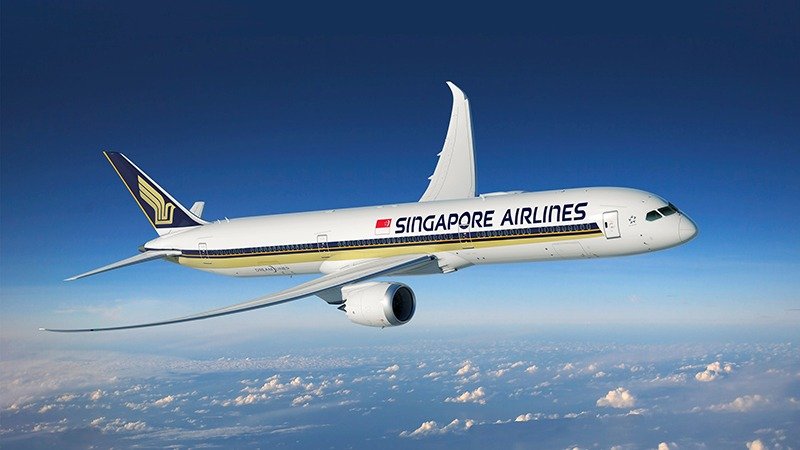
Singapore Airlines Partners with OpenAI for AI Innovation
Singapore Airlines (SIA) is making significant strides in enhancing customer service and operational efficiency by partnering with OpenAI. This collaboration marks OpenAI’s inaugural venture with an airline, focusing on developing advanced generative artificial intelligence (AI) tools tailored for the aviation sector.
As reported by Aerospace Global News, this partnership aims to create innovative solutions capable of interpreting various forms of media, including text, videos, audio, and diagrams. With this AI integration, SIA hopes to boost customer service capabilities, operational efficiency, and overall staff productivity.
George Wang, Senior Vice President of Information Technology at SIA, emphasized the importance of leveraging cutting-edge AI technologies: “By harnessing cutting-edge AI solutions, we will enhance operational efficiency and staff productivity and elevate the end-to-end customer experience.” This initiative intends to help Singapore Airlines maintain its leading position within the industry.
Enhancing Customer Support with AI
The collaboration will first focus on refining SIA’s existing AI-powered virtual assistant on its official website. Enhancements will expand its capabilities in delivering personalized customer support. As part of this upgrade, staff will benefit from automated routines and guidance on various operational tasks.
The upgraded virtual assistant aims to provide travelers with a more intuitive experience, encompassing every phase of their journey—from trip planning and booking to managing travel arrangements. The updates will allow for improved services throughout the customer lifecycle, ensuring a seamless travel experience.
Global Airline Trends in AI Integration
The adoption of AI is increasingly becoming a global trend among airlines seeking to optimize operations and enhance customer service. For instance, Lufthansa Group recently announced a pioneering AI-supported solution designed to monitor and reduce onboard meal returns. Their mobile technology analyzes meal leftovers at the dishwashing line, helping to optimize portion sizes and minimize food waste.
This innovative approach not only improves customer service but also contributes to sustainability efforts by reducing the overall weight carried on flights, thereby decreasing CO₂ emissions. Lufthansa has successfully implemented this technology in Frankfurt and Munich, with plans for further expansion across its network.
Another AI initiative from Lufthansa is the “Pendle” project, launched by the Lufthansa Innovation Hub, which utilizes machine learning to assess data points like flight duration and demand to optimize meal loading. The goal is to integrate this and other projects to create comprehensive solutions for reducing food waste in aviation.
Although some airlines have been slow to adopt AI compared to online travel agencies and tech companies, this is changing rapidly. According to Skift, more airlines, including United Airlines, are now embedding AI across their operations to enhance customer experience and streamline internal processes.
Canadian Airlines Embrace AI Technologies
In Canada, WestJet has leveraged AI since 2018 with its customer service chatbot, designed to assist customers in flight bookings and inquiries without needing human interaction. Air Canada is also optimizing its operations with AI tools focused on flight scheduling and maintenance, employing over 75 specialists in its robust AI program. As stated in a recent announcement, Air Canada’s in-house AI solutions aim to address specific airline challenges effectively.
As the aviation industry continues to evolve, collaborations like that of Singapore Airlines and OpenAI may well set the standard for innovation in travel, illustrating the transformative potential of AI in improving both customer experiences and operational efficiency.


